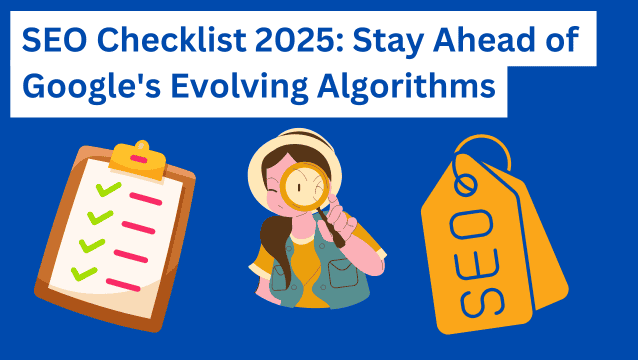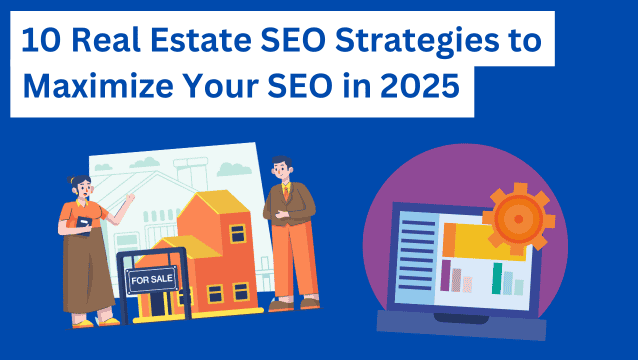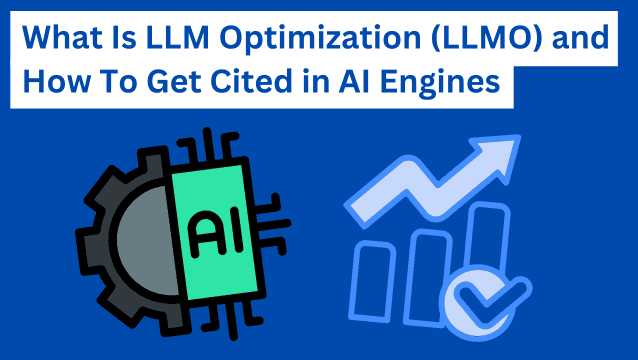Google announced it would wind down continuous scroll in search results, starting now with desktop and mobile Google search results over the coming months.
The constant flow of search results that scrolled to page four will now be replaced by the original paginated bar (results 1 to 10 and next) at the bottom of page one in the search results.
But Google’s explanation as to why is being met with skepticism.
When and why Google implemented Continuous Scroll
Google launched continuous scroll on mobile search in October 2021, and desktops followed in December 2022, so users could see four results pages before clicking to see more.
Initially, site owners welcomed the change because it increased the probability of being seen in search results.
But now its life seems short-lived, about one and a half years for desktop and 20 months for mobile.
Google removes continuous scroll
Search Engine Land reported yesterday (June 25) that a Google Spokesperson informed them of the removal of continuous scroll.
Here’s what Google said:
- “On June 25, removing the ability to continuously scroll on desktop Search results, followed by mobile in the coming months.”
- “The Next at the bottom of the page will show on desktop search, and the More results button will show on mobile search.”
The Verge also reported the removal:
- “In its place on desktop will be Google’s classic pagination bar, allowing users to jump to a specific page of search results or simply click “Next” to see the next page. On mobile, a “More results” button will be shown at the bottom of a search to load the next page.”
Why Google says it’s removing continuous scroll
Google says that eliminating continuous scrolling in the SERPs will speed up search results and remove results users aren’t looking for.
Google told Search Engine Land:
- “The change is to allow the search company to serve the search results faster on more searches instead of automatically loading results that users haven’t explicitly requested.”
SEL also reported:
- “Google also told us that it found that loading more results automatically didn’t lead to significantly higher satisfaction with Google Search.”
But not everyone in the search marketing community believes Google’s reason for removing continuous scroll, with many voicing their skepticism.
Google’s reason met with skepticism
The search marketing community’s skepticism is justified because of the emails that the U.S. Department of Justice released, which exposes how Google’s top management conspired to increase the number of advertisements in search results.
Roger Montti from SEJ posted Brett Tabke’s (founder of Pubcon) opinion on Google`s U-turn to the original paginated bar.
Here’s what Brett said:
- “It effectively boxes more clicks on to page one. That will result in a higher percentage of clicks going to Ads and Google properties. I think it is more evidence that Google is on a path to a new version of portal and away from search. Organic search itself will move to page 2, and I believe eventually to a new domain.
- “They are on a path to fulfilling all general searches with their own responses in some form or another. When they don’t have a perfect response, maybe they will do “people also ask,” and those lead back to a SERP where they can fulfill the search with their own properties and responses.”
Users on X were quick to agree with Brett’s skepticism; here are some of those posts:
Anonymous X account, Google Honesty, gave a grating view of Google’s motivations.
And Morgan Overholt summed it up when she tweeted!

Suits social but poor user experience elsewhere
In the world of social media, where purposeless browsing and goalless interactions are logical, continuous scrolling makes a whole lot of sense.
But beyond that context, it does little to enhance user experience when people are searching with a purpose for a specific service or information.
Roger Montti from SEL put it this way:
- “Purposeful browsing demands purposeful navigation, not aimless navigation.”
- “Seen in that light, perhaps it might have been more believable had Google insisted that continuous scrolling was a poor user experience that didn’t fit the context of search results.”
How the change might affect you
Site owners on pages two, three, and four might now get fewer clicks; after all, who looks beyond page one?
I guess it depends on what Google shows on page one in the future, for example, paid ads.
But maybe I’m just being skeptical!


